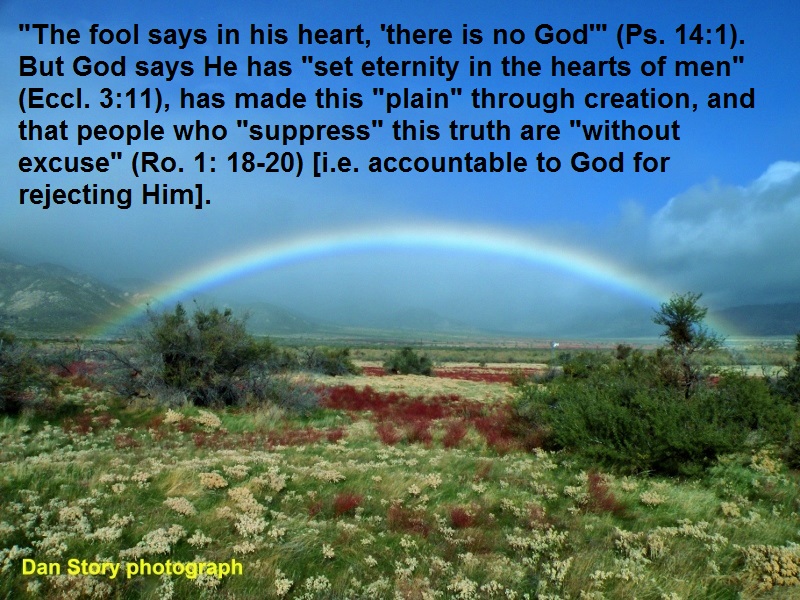
Part Two: What Caused the Decline of Christian Dominance and Influence During the Twentieth Century?
As I look back on my life, it seems as if I’m living on an entirely different planet than the America of my youth. No time in the history of humanity has a culture experienced such profound ethical changes during such a short timespan as America after the 1960s. Readers my age know exactly what I’m talking about. Who would have imagined in the 1960s that Americans could freely kill their unborn children? Who would have dreamed that a person could marry someone of the same sex—but could not discuss their religious beliefs in public schools? No one in the 1960s would have forecast that people would soon be free to engage in pornography under the umbrella of freedom of speech.
By every cultural indicator, America before the 1960s was a safer place to live. It was more emotionally stable and less violent. It embraced greater personal and political integrity and healthier moral behavior. It had less crime, less divorce, less child abuse, and fewer teenage suicides. There was fewer drug and alcohol addiction. Out of wedlock pregnancies were uncommon. Graphic sex and violence on television and in the movies were virtually nonexistent.
It’s no coincidence that the same five decades that witnessed the decline of Christianity as the guiding moral light in American society witnessed the decay of America’s moral health. Remove God and biblical values from society, and elevate godless secular humanism in their place, and civilization begins to crumble. (Secular means non-religious; humanism espouses that all values, activities, and interests revolve around human ambitions and goals.) Today, secular humanism is center stage as the dominant worldview in America, and Christianity has been shoved into the wings.
Philosophical Naturalism
Secular humanism rests on philosophical naturalism, which alleges everything that exists is a product of nature (natural phenomena) and governed by natural laws. It denies anything supernatural. Naturalists preach that all of reality is material; that is, merely matter—even our thoughts. The human mind is no more than physiological and neurological processes. Most people associate naturalism with modern science because many of the battles between naturalism and Christianity involve the creation/evolution debate. However, science is only one area in which naturalism exerts influence in modern cultures.
The first thing to understand about naturalism, to formulate effective apologetics (which we’ll do in future blogs in this series), is that it is not science—it’s philosophy. It’s a way of looking at all of reality, not just the origin of life. When the late Carl Sagan voiced his now-famous dictum on the Cosmos television program, “The cosmos is all that is or ever was or ever will be,” he wasn’t making a scientific statement. There is no scientific proof that the cosmos is all there is. Sagan was speaking philosophically. He was expressing a metaphysical, naturalistic, materialistic view of the universe that omits the supernatural. ©
The next few blogs will show how naturalism permeates virtually every aspect of modern culture—especially science and morality—often in direct conflict with Christian principles and values.